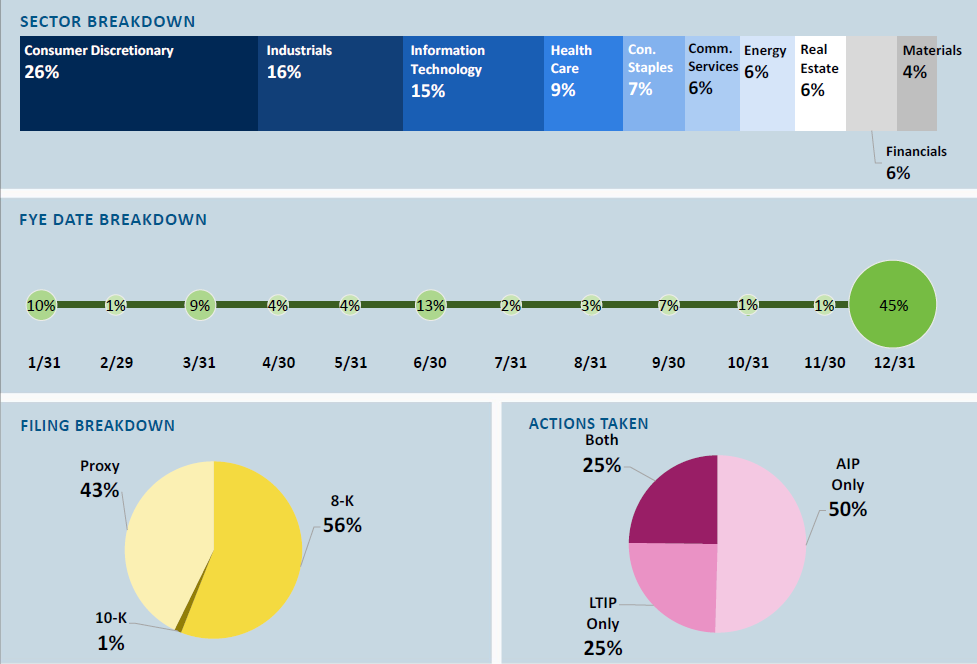Leeor Ofer is a co-Editor of the Forum and a Fellow at the Harvard Law School Program on Corporate Governance.
The operations of the Harvard Law School Forum on Corporate Governance during 2020 set several new records. During this year, in which the Forum published more than 950 posts, the Forum:
- Attracted more than 200,000 unique readers a month (an increase of 48% compared to 2019).
- Attracted more than 3.6 million page views (an increase of 38% compared to 2019).
Established in 2006 by Professor Lucian Bebchuk and the Harvard Law School Program on Corporate Governance, the Forum has become the leading online resource and the central outlet for the exchange of ideas and debate in the fields of corporate governance and financial regulation. As in past years, the Forum attracted readers from over 225 countries and territories. As former Delaware Chief Justice Leo Strine observed, “[i]t is amazing to see the [Forum] become required reading among the intelligentsia … of corporate governance.”
The Forum’s posts are distributed daily, not only through its website, but also via Twitter, LinkedIn, and Facebook, and the Forum’s daily email announcement. Followers of the Forum have increased during 2020 to over 13,600 on Twitter, over 11,600 on LinkedIn, over 1,600 on Facebook, and the number of subscribers to the Forum’s daily email release of new posts has grown to over 7,000. To subscribe to our daily email release or to follow the Forum through any of these channels, please click the icons at the top of our sidebar.
To date, the Forum has published more than 8,900 posts by more than 6,900 different contributors, including prominent academics, public officials, executives, legal and financial advisors, institutional investors, and other market participants.
In the past fifteen years, Forum posts have had considerable influence on the corporate governance field. Forum posts have attracted over 1400 citations in articles by academics and practitioners (see our post on these citations) and over 90 citations in materials issued by courts, regulators, and national organizations (see our post on these citations).
While most posts are solicited by the Editors, the Forum welcomes submissions of unsolicited posts for consideration. Further information about submitting posts can be found here.
Members of the Forum’s editorial team have commonly been drawn from the Fellows of the Program on Corporate Governance. Former members of the editorial team who now hold academic positions include Itai Fiegenbaum (Willamette University), Tamar Groswald Ozery (Hebrew University of Jerusalem), Scott Hirst (Boston University), Robert Jackson (NYU), Kobi Kastiel (Tel Aviv University), James Naughton (Virginia), Yaron Nili (Wisconsin), Noam Noked (Chinese University of Hong Kong), Greg Shill (Iowa), R. Christopher Small (University of Houston), Holger Spamann (Harvard), and Andrew Tuch (Washington University).
The success of the Forum has been made possible by the contribution of numerous authors, as well as by the engagement of the Forum’s ever-growing readership. As we celebrate another record-breaking year, we are deeply grateful for the support of our contributors and readers and look forward to continued fruitful engagement this year!
